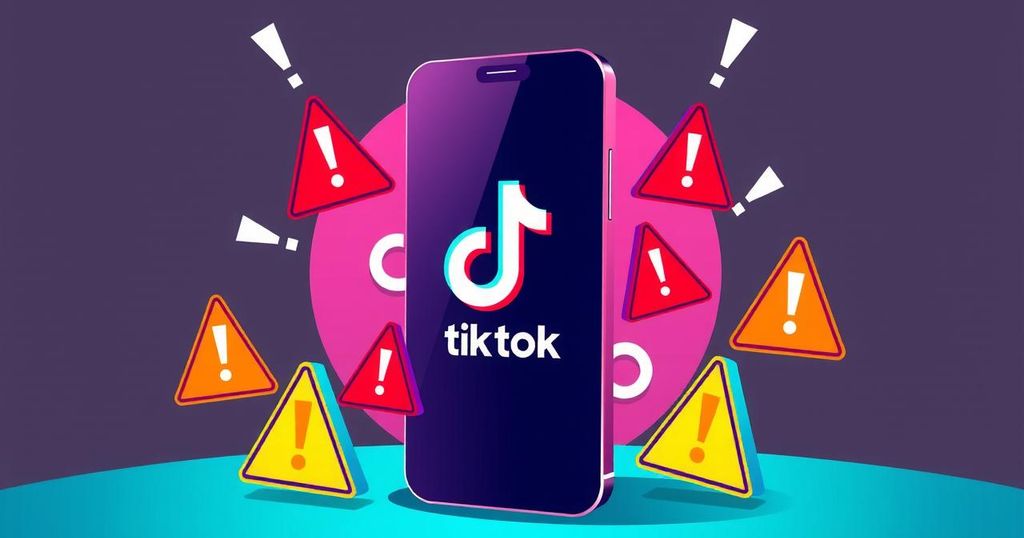Kenyan authorities mandated TikTok to eliminate sexual content involving minors after a BBC report revealed exploitation. The Communications Authority launched an inquiry and warned of sanctions for legal violations. TikTok’s appeal to youth and global user base are contrasted by its legal challenges and reputational risks, including espionage allegations in the U.S.
Kenyan authorities ordered TikTok to remove sexual content involving minors after a BBC report highlighted the issue. The investigation revealed that TikTok was profiting from livestreams by Kenyan teens as young as 15 years old engaging in sexual activities. In response, the Communications Authority of Kenya has initiated a formal inquiry and warned of potential sanctions for any violations by the platform.
Kenyan laws strictly prohibit online child exploitation, as highlighted by a recent case where a Dutch national received a 10-year prison sentence for distributing pornographic content to minors via WhatsApp. The regulatory body has also demanded that TikTok clarify how such harmful content can circumvent its content moderation systems.
With TikTok ranking as the third most popular social media platform in Kenya, after Facebook and WhatsApp, it continues to attract a young audience through its endless stream of short videos. The platform boasts over one billion active users globally. Alongside these developments, TikTok has faced scrutiny in the United States for espionage allegations and is being investigated by the European Union for its involvement in influencing Romania’s presidential election.
Kenyan authorities have taken a strong stance against TikTok by ordering the removal of sexual content involving minors and launching an inquiry following a BBC report. The issue underscores the need for robust content moderation and adherence to child protection laws, as the platform faces increasing scrutiny and potential sanctions if violations are found.
Original Source: gulfnews.com






